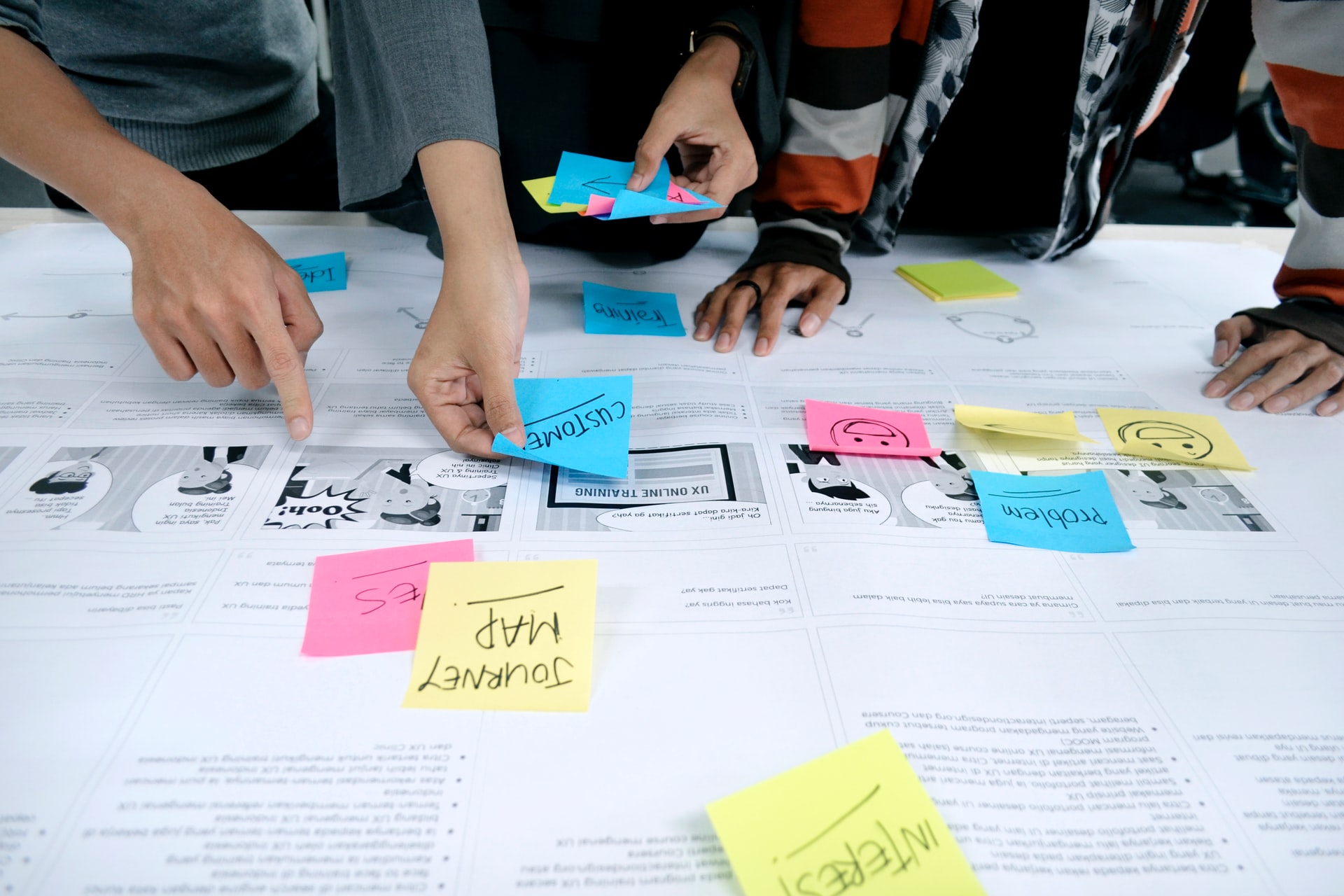Organizations worldwide are on a quest to boost their business agility to innovate and face the challenges of the increasingly complex and volatile business environment. Indeed, HR professionals play an essential role in this transformation. However, it is undeniable that there are challenges to face in the HR area itself. For instance, there is an undoubtedly urgent need to redesign the HR and people's practices, behaviors, attitudes, and principles for the future of work. For value exist, both to customer and employee's experience.
Hence, as we advocate for a human-centric approach and mindset, let's start by looking at the designation HR!
Human resources: is it a human-centric term?
HR professionals are changing their titles to "People Operations," "Chief Happiness Officer," "Talent and Development," or "Team Culture" professionals. Why is this happening? Well, "Human Resources" is not precisely a fortunate terminology, suggesting that people are reduced to another capital asset, just like a computer or machine. The same goes for "Human Capital," in case you are wondering. The HR field is supposed to be all about people, as such, that underlying notion is not the most pleasant, especially for those (of us) who believe that people (not machines or technology) play a fundamental role in an organization's success.
Companies love to implement maturity models, but are they for people or resources? We will be back to this another time, in between, so think about it and send me a message with your thoughts before my next article.
As a Psychologist, I believe that language and words matter, even more so when we describe ourselves and the work we do. That being said, if we need to distance ourselves from the designation "Human Resources" to encourage a culture of collaboration and appreciation (moving away from an outdated pyramidal hierarchy) and deliver better business results, why not? Seems like a reasonable tradeoff.
There is more to it than terminology, so any changes are useless if people don't feel appreciated for the value they deliver to the organization. It has to be a meaningful process, where the explicit practices match the tacit principles, values, and understandings.
"Human Resources" in today's business environment
The "management" of (people) resources no longer applies to today's business environment. As HR analyst Josh Bersin puts it, If your HR and Learning programs are focused on building customer-centric teams, empowering managers and people to make decisions, encouraging a culture of learning, teaching managers to coach and develop others – then you have moved to the Agile Model for HR. If your HR programs are still focused heavily on enforcing the rules, formalizing structure and centers of power, and putting leaders on a pedestal, promoting KPIS, Bonus, and other perks that define or keep a certain STATUS, then your HR and employee programs are probably holding your company back.
Don't manage resources; unleash resourcefulness!
We are still observing, in many contexts, that Human Resources professionals are responsible for overseeing problems that come with organizational growth or are a consequence of command and control management structures. Thus, a shift from looking at people as resources to be managed to people resourceful for embracing an Agile Way of Working for HR. People have many internal resources that are potentially their organizational environment and can foster business agility!
Thus, a shift from looking at people as resources to be managed, to people that are resourceful, is crucial for embracing an agile mindset for HR. People have many internal resources that are potentially assets to their organizational environment and can foster business agility!
There is no one-size-fits-all model for being Agile in HR, and HR people can us use a try and learn approach to find what suits them, accepting that it will be an evolutionary process.
There is no one-size-fits-all model for being agile in HR, and HR Teams can definitely use a try and learn approach to find what suits them, accepting that it will be an evolving process.

This continuous process may start by giving some thought to the difference of looking to people as resources (the system before people) or looking at people's resources integrated into a human-centric approach (people before the structure and tools).
Changing the terminology HR or not… here's some food for thought.

Soraia Jamal
Soraia Jamal is an Agile Consultant and Organizational Psychologist with 20 years of experience, specialized in Organizational Behaviour and Performance Optimisation.
Her vast experience in military and aviation sector, in particular with high performance crews, allow her to assess teams and unleash the individual and collective potential by supporting the optimization of their performance and well-being.
Soraia’s professional experience includes expertise in organizational culture assessments and performance optimization in military, non-profit and corporate environments, and multi-cultural and multi-country contexts.